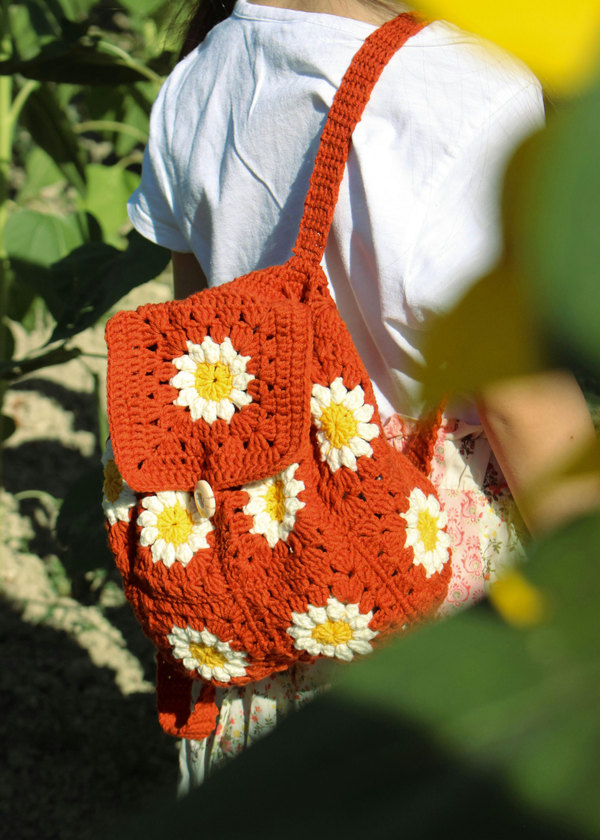The world of herbal supplements is vast and varied, with each plant species holding its unique set of potential benefits. Among these is Fadogia Agrestis, a plant native to Africa that has been garnering attention for its purported health effects.
In recent years, Fadogia Agrestis has gained popularity as a potential natural remedy to boost testosterone levels, improve athletic performance, and enhance overall well-being.
In this comprehensive blog article, we will delve into the science behind Fadogia Agrestis and explore its potential impact on the human body.
What is Fadogia agrestis?
Fadogia Agrestis is a flowering plant found primarily in West Africa. It has a long history of traditional use in various African societies as an aphrodisiac and tonic for men. The plant is particularly well-regarded for its purported ability to enhance male sexual health and fertility, leading to its recent emergence in the global health supplement market.
The Active Compounds in Fadogia agrestis
The potential benefits of Fadogia Agrestis are often attributed to the presence of certain active compounds within the plant. While the research is still ongoing, preliminary studies have identified several compounds that may contribute to its effects on the human body:
- Saponins: Fadogia Agrestis is rich in saponins, which are compounds known for their diverse biological activities. These saponins have been linked to increased testosterone production, antioxidant effects, and potential anti-inflammatory properties.
- Alkaloids: Another group of compounds found in Fadogia agrestis is alkaloids. While their precise effects on the body are not fully understood, alkaloids have been associated with various biological activities, ranging from analgesic (pain-relieving) properties to potential effects on neurotransmitter systems.
- Flavonoids: Flavonoids are plant-based compounds with antioxidant properties. These substances play a crucial role in scavenging harmful free radicals in the body, which may help protect cells from oxidative stress.
The Impact of Fadogia agrestis on Testosterone Levels
One of the primary reasons behind the increasing popularity of Fadogia Agrestis as a supplement is its potential to influence testosterone levels. Testosterone is a vital hormone responsible for maintaining male reproductive health, muscle mass, bone density, and overall well-being. While some animal studies have suggested that Fadogia agrestis may lead to increased testosterone production, human research in this area remains scarce.
The current evidence on the effects of Fadogia Agrestis on testosterone levels is inconclusive, with conflicting results from animal and limited human studies. While some animal studies have reported a rise in testosterone levels, the translation of these findings to humans remains uncertain. Further research, particularly on human subjects, is needed to draw any definitive conclusions.
Enhanced Athletic Performance and Muscle Building
With its potential impact on testosterone levels, Fadogia Agrestis has garnered attention among athletes and fitness enthusiasts as a potential performance-enhancing supplement. The logic behind this lies in the fact that testosterone is linked to muscle growth, strength gains, and overall athletic performance.
However, it is essential to approach such claims with caution, as the scientific evidence is not yet robust enough to support Fadogia Agrestis as a reliable ergogenic aid. Furthermore, the long-term safety of using Fadogia agrestis for performance enhancement is yet to be established, and the risk of adverse effects should not be ignored.
Other Potential Health Benefits
Beyond its effects on testosterone levels and athletic performance, Fadogia Agrestis has been associated with other potential health benefits. Some proponents of this herb claim that it may have the following effects:
- Libido Enhancement: Traditional use of Fadogia Agrestis as an aphrodisiac has led to its reputation as a natural libido booster. However, more rigorous studies are required to validate these claims.
- Antioxidant and Anti-inflammatory Effects: The presence of saponins and flavonoids in Fadogia agrestis suggests potential antioxidant and anti-inflammatory properties. These effects may help protect cells from damage caused by free radicals and reduce inflammation.
- Traditional Uses: In various African societies, Fadogia agrestis has been used as a remedy for various ailments, including malaria, gastrointestinal issues, and fever. While its traditional use is intriguing, scientific evidence supporting these uses is still limited.
Safety and Potential Side Effects
While Fadogia Agrestis shows promise as a potential health supplement, it is crucial to consider its safety profile. As with any herbal supplement, there may be potential side effects and interactions with medications. Moreover, the long-term effects of using Fadogia agrestis are not yet well understood.
It is advisable to consult a healthcare professional before starting any new supplement, especially if you have pre-existing medical conditions or are taking medications. Pregnant and breastfeeding individuals should avoid using Fadogia Agrestis due to the lack of safety data in these populations.
Conclusion:
Fadogia A is an intriguing herbal supplement that has gained attention for its potential effects on testosterone levels, athletic performance, and overall well-being.
While some animal studies have shown promising results, the current scientific evidence on its effects in humans is limited and inconclusive. As with any supplement, it is crucial to approach Fadogia agrestis with caution and consult a healthcare professional before use.
The world of herbal remedies is continuously evolving, and research on Fadogia Agrestis is still in its early stages.
Further studies are needed to validate its purported benefits, establish safe dosage guidelines, and better understand its mechanism of action in the human body. Until then, individuals should exercise prudence and rely on evidence-based practices to support their health and well-being.
Thanks for Techin-In
Becky








